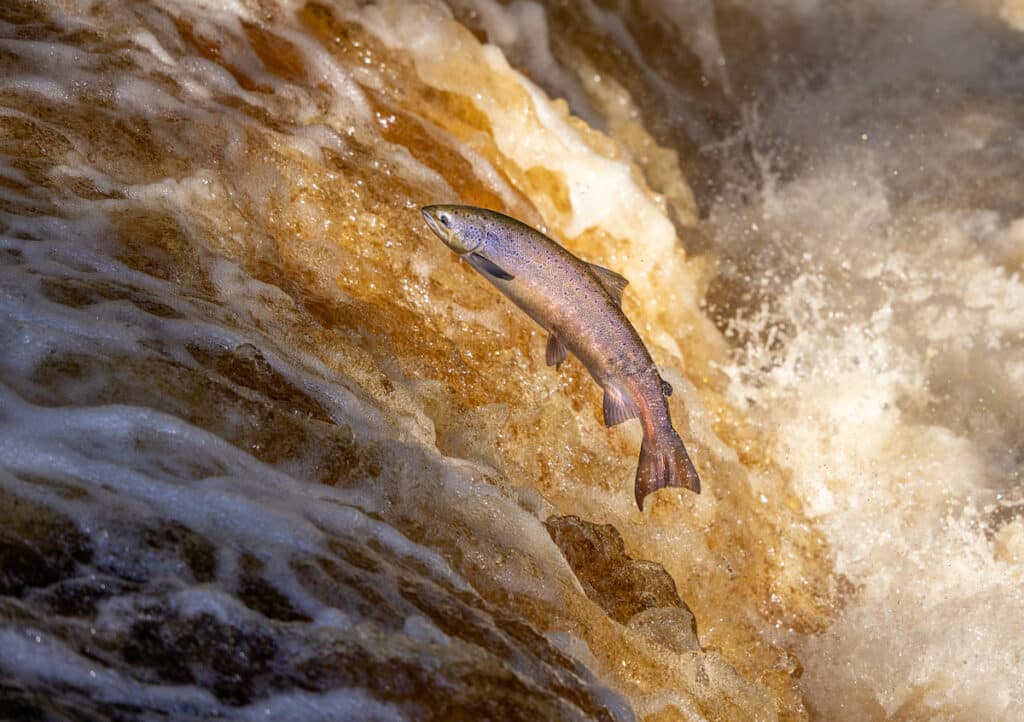
IUCN: 44,000 Species Are Threatened With Extinction
Paige Bennett / EcoWatch
(December 14, 2023) — According to the latest report from the International Union for Conservation of Nature (IUCN), about 44,016 species are threatened with extinction. This comprises about 28% of the 157,190 species listed in the IUCN Red List.
About 7,000 of the more than 44,000 threatened species are at risk due to climate change, Yale Environment 260 reported.
“Climate change is menacing the diversity of life our planet harbours, and undermining nature’s capacity to meet basic human needs,” Grethel Aguilar, director general of IUCN, shared in a statement. “This IUCN Red List update highlights the strong links between the climate and biodiversity crises, which must be tackled jointly. Species declines are an example of the havoc being wreaked by climate change, which we have the power to stop with urgent, ambitious action to keep warming below 1.5 degrees Celsius.”
Further, the new updates to the Red List found that 25% of freshwater fish, or about 3,086 out of the 14,898 species that have been assessed by the IUCN so far, face extinction, with 17% of those freshwater fish affected by climate change.
Rising sea levels, seawater entering farther into freshwater sources, and warming temperatures are all considered factors that have placed so many freshwater fish at risk of extinction related to climate change. Pollution, development, overfishing, invasive species and diseases are also risks to freshwater fish species.
Some notable changes in the latest assessment include a change from Least Concern to Near Threatened for Atlantic salmon (Salmo salar) and an Endangered listing for Central South Pacific green turtles.

“Freshwater fishes make up more than half of the world’s known fish species, an incomprehensible diversity given that freshwater ecosystems comprise only 1% of aquatic habitat. These diverse species are integral to the ecosystem, and vital to its resilience,” Kathy Hughes, co-chair of the IUCN SSC Freshwater Fish Specialist Group, said in a statement. “This is essential to the billions of people who rely upon freshwater ecosystems, and the millions of people who rely on their fisheries. Ensuring freshwater ecosystems are well managed, remain free-flowing with sufficient water, and good water quality is essential to stop species declines and maintain food security, livelihoods and economies in a climate resilient world.”
Not only freshwater fish species were impacted. IUCN noted a shift for the big leaf mahogany (Swietenia macrophylla) from Vulnerable to Endangered, as this tree species is in high demand for use in furniture, decor, and other products. It has long been harvested unsustainably, and agriculture and urban development have also threatened its native habitats. Many other tree species were also added to the Red List this year because of unsustainable harvesting practices.
However, there were some positive updates. For instance, the scimitar-horned oryx (Oryx dammah) was previously listed as Extinct in the Wild and was moved to Endangered after being reintroduced in Chad. As IUCN shared in a press release, there were 331 scimitar-horned oryx calves born at the Ouadi Rimé-Ouadi Achim Faunal Reserve in 2021, in addition to 140 mature individuals living there. The saiga antelope (Saiga tatarica) moved from Critically Endangered to Near Threatened, with the population in Kazakhstan alone increasing 1,100% between 2015 and 2022 because of anti-poaching measures and enforcement.